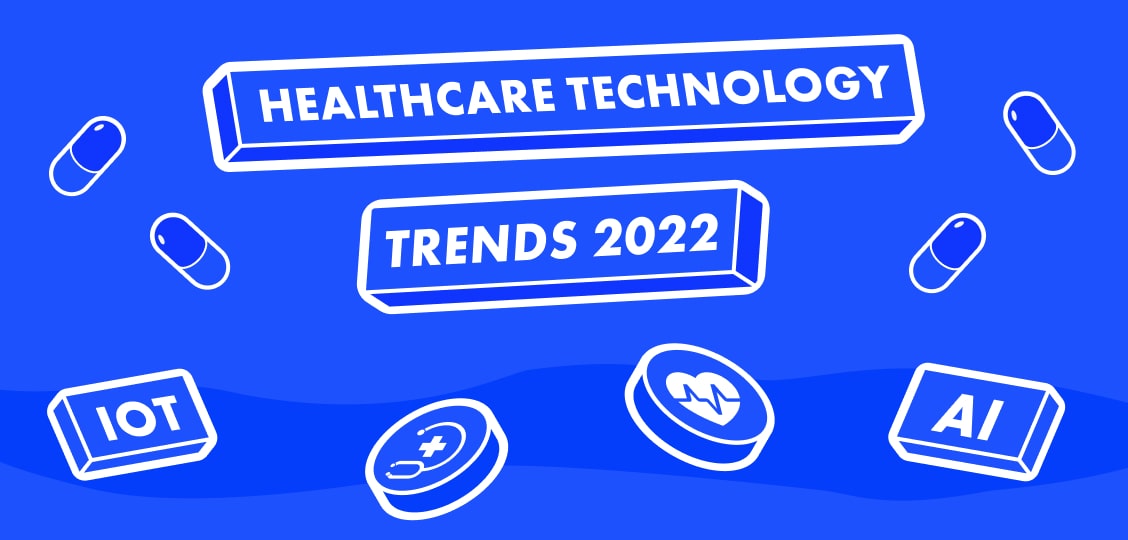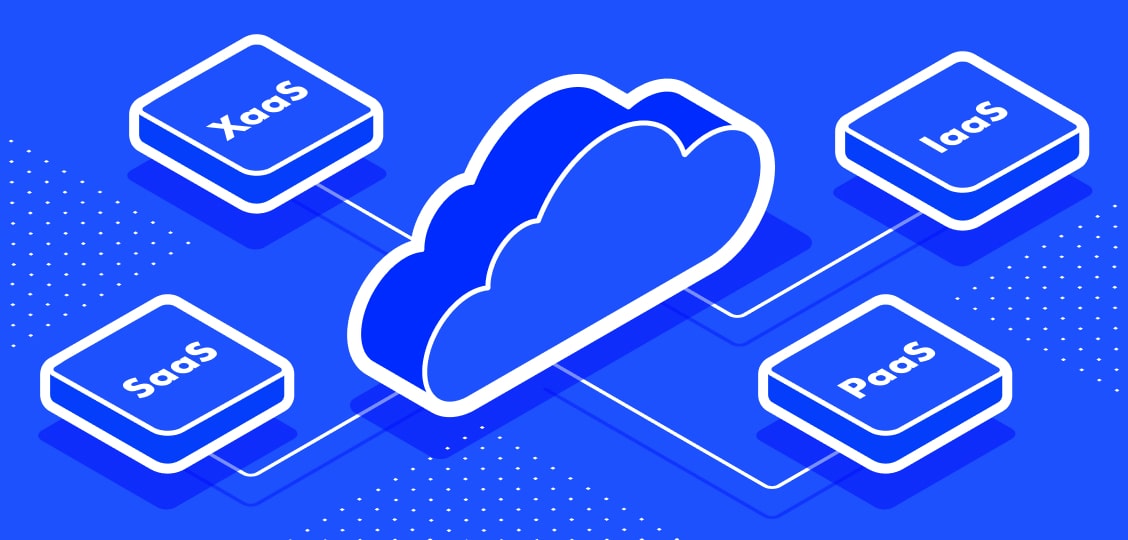How to make a casino website: design, features, licensing
Learn how to create an online casino platform, from obtaining a gaming license to implementing the key functionality and ensuring a great user experience.

According to ResearchAndMarkets, the worldwide digital health market is anticipated to rise from $289 billion in 2021 to $881 billion by 2027, progressing at a CAGR of 20.14% during 2022–2027 . The market comprises telehealth systems, medical wearables, home-based smart devices, mobile apps, data analytics systems, and other solutions.
By employing technological advancements, organizations can improve patient treatment, increase staff productivity, and cut expenditures. Aiming to address industry-specific challenges, healthcare professionals increasingly use the web and mobile applications to manage prescriptions, control medication adherence, and provide online consultations.
The growing need to reduce the burden on medical personnel and IT infrastructure evolution are the major factors that drive the adoption of innovative technologies, such as artificial intelligence (AI) and the internet of things (IoT). As a result, we expect to see a number of respective startups and initiatives bringing digitization to the sector.
In this article, we will describe the top healthcare technology trends that will dominate the market in 2022, so that you can discover the most prospective segments and get ideas for your project. Let’s begin our journey.
Blockchain is among the top healthcare technology trends for 2022. In fact, blockchain is a time-stamped series of immutable data records, managed by a peer-to-peer network of computers without a centralized authority. Representing the distributed ledger technology (DLT), blockchain consists of blocks, linked to each other with cryptographic algorithms.
Bringing data security, privacy, and interoperability, blockchain has the potential to transform the industry. Analysts report that the valuation of blockchain in the healthcare market will climb from $248.7 million in 2021 to $513.1 million in 2028, showcasing a CAGR of 50.6% during 2022–2028.
The key driver is the increased number of data breaches, along with the growing need to optimize document management and minimize paperwork. The COVID-19 pandemic has also promoted the development of a robust blockchain-based infrastructure for health data sharing.
The Centers for Medicare & Medicaid Services reports that at least 50% of the information on the Medicare Advantage Organizations has errors, leading to delays in medical service delivery. In Boston, healthcare offices employ over 24 systems to maintain electronic health records (EHRs), making them more prone to hacker attacks. Thanks to blockchain, medical providers can store EHRs in a single platform while ensuring a single version of the truth.
Drug counterfeiting is one of the major problems in the healthcare industry. According to the World Health Organization (WHO), nearly 10% of prescriptions worldwide are fake . Furthermore, this rate is 30% in certain zones of Asia, Africa, and Latin America. Experts report that cases of counterfeit or substandard medicines continue to rise.
The primary reason for these incidents is complex pharmaceutical supply chains that comprise hundreds of transportation stages and include illicit distributors, under-regulated wholesalers, and non-legitimate internet pharmacies. The lack of supply chain traceability is another factor that contributes to the increasing counterfeiting of goods.
With the internet of things and blockchain, healthcare organizations can overcome these challenges, thereby preventing fraud, eliminating reputational risks, and saving costs. By giving a unique blockchain identifier—serving as a digital ID—to every medicine, companies can easily track its lifecycle, from production to customer's hands. Each party (hospitals, pharmacies, laboratories, etc.) and its representatives can be added to the decentralized system to manage supply chains and control drug authenticity.
By employing IoT, medical institutions get the ability to monitor transportation stages, drug location, and storage conditions. Placed on healthcare products, sensors collect respective data, which is saved on the blockchain.
As a consequence, providers always have end-to-end visibility of the transportation process. By applying IoT and blockchain in conjunction, healthcare facilities can more easily meet regulations like the Drug Quality and Security Act (DQSA) and the Falsified Medicines Directive (FMD).
Remote patient monitoring (RPM) continues to be one of the top healthcare technology trends in 2022. According to Grand View Research, the world’s RPM solution market size is projected to account for $6.7 billion by 2030, progressing at a CAGR of 20.2% between 2022 and 2030. The major market drivers are the rising chronic disease population, growing demand for smart home-based devices, and increasing investment in telemedicine.
The need to maximize access to healthcare services and improve patient treatment also stipulates the adoption of RPM applications. The COVID-19 outbreak put enormous pressure on clinics around the globe, resulting in overstrained medical personnel and making it challenging to timely deliver the required care.
Powered by the internet of things, remote health monitoring systems can resolve the issues described above. By combining wearables, mobile health-tracking apps, and web platforms for doctors, it is possible to analyze real-time data (heart rate, arterial pressure, blood glucose level, etc.), identify potential risks, control medication adherence, and provide recommendations.
Vantage Market Research informs that the worldwide artificial intelligence (AI) in the healthcare market is expected to spike from $6.60 billion in 2021 to $95.65 billion by 2028, registering a CAGR of 46.1% during the forecast period. Analysts say that the key market driver is the increasing adoption of AI software solutions in genomics and drug discovery.
In order to develop coronavirus vaccines under tight deadlines, medical institutions, such as Pfizer, Moderna, and AstraZeneca used drug development platforms powered by AI and machine learning. Employing innovative technologies, organizations were able to model cellular and protein interactions to improve research outcomes and reduce time to market.
With AI, scientists do not have to conduct traditional laboratory testing, which generally requires a lot of time and resources. To automate this process, experts can utilize artificial intelligence to enable and process simulations on computers instead of performing testing in live conditions.
One of the biggest healthcare problems is that clinicians spend too much time completing mundane tasks, which draws their attention away from core activities, like diagnosis and prescription management. For instance, imaging personnel in radiology departments state that it is possible to digitize nearly 25% of their work.
In addition, interventional physicians may devote up to two hours to report on cases after providing patient care for a full day. Overstrained with the heavy volume of work, doctors are at risk to encounter stress and burnout.
Coming up with automation, AI software solutions can relieve the burden on healthcare professionals, increase efficiency, and save costs. For example, medical institutions can employ AI in complex imaging modalities, such as MR and CT to facilitate the planning and execution of routine exams. Thanks to this, technologists will be able to receive high-quality images from the first attempt.
The demand for online healthcare marketplaces surged in the course of the coronavirus outbreak and is expected to climb in the future. With lockdowns and social distancing imposed by governments across the globe, non-coronavirus patients were forced to turn to virtual care. Clinicians, in their turn, had to conduct video and audio consultations. As a result, many people could receive the necessary care while avoiding the need to visit hospitals.
Doctolib reports that 80% of the surveyed patients and 74% of healthcare professionals state they plan to continue using video consultations after the COVID-19 pandemic ends. According to Statista, the revenue generated in the virtual consultation segment is predicted to reach more than $31.17 million by 2025.
In this context, the popularity of specialized online healthcare marketplaces is rising at a rapid pace, along with the investment in respective startups. With such platforms, users can access medical providers from all over the world whilst choosing them based on reviews and ratings.
Zocdoc is a leading digital marketplace of this kind that lets customers book appointments and get consultations from doctors via the Internet. Recently, Zocdoc has experienced approximately 128% growth in mental health professionals joining its network. The number of experts in other specialties has also climbed. To date, Zocdoc managed to raise a capital of $375.9 million over ten funding rounds.
If you are wondering how to create a marketplace application similar to Zocdoc, read our guide on the topic.
Here at Arateg, we could not help but notice that the number of client requests to build a healthcare marketplace has significantly increased lately. By now, we have already delivered a few successful projects, for example, a web system that allows patients to search clinicians by symptoms while ensuring the security and privacy of health data. The marketplace includes features like video conferencing, group/private chats, schedule management, and reporting.
With the rapid adoption of cutting-edge technologies, medical organizations reveal new opportunities to resolve their issues. Using healthcare software systems, companies can enhance patient treatment, automate multiple processes, and lower the burden on doctors.
Furthermore, by applying the latest healthcare technology trends, it is possible to ensure data security, protect against drug counterfeiting, and save costs. Whilst the COVID-19 outbreak stipulated the market boost, many tendencies are poised to stay in 2022 and beyond.
If you want to build a medical software solution, drop us a message . Our team will get back to you within 1 working day and help address all issues. With vast experience in custom healthcare software development , Arateg is a full-service IT partner that provides assistance in each aspect of the project, from business analysis to testing, deployment, and maintenance. Consultation is free of charge.

Learn how to create an online casino platform, from obtaining a gaming license to implementing the key functionality and ensuring a great user experience.

Read our article to learn how you can take advantage of XaaS, SaaS, PaaS, and IaaS, as well as what model will align with your business needs.
Now, you will receive a fresh newsletter from us.
Get the latest scoop on software application tips, announcements, and updates from us. Subscribe to our newsletter!